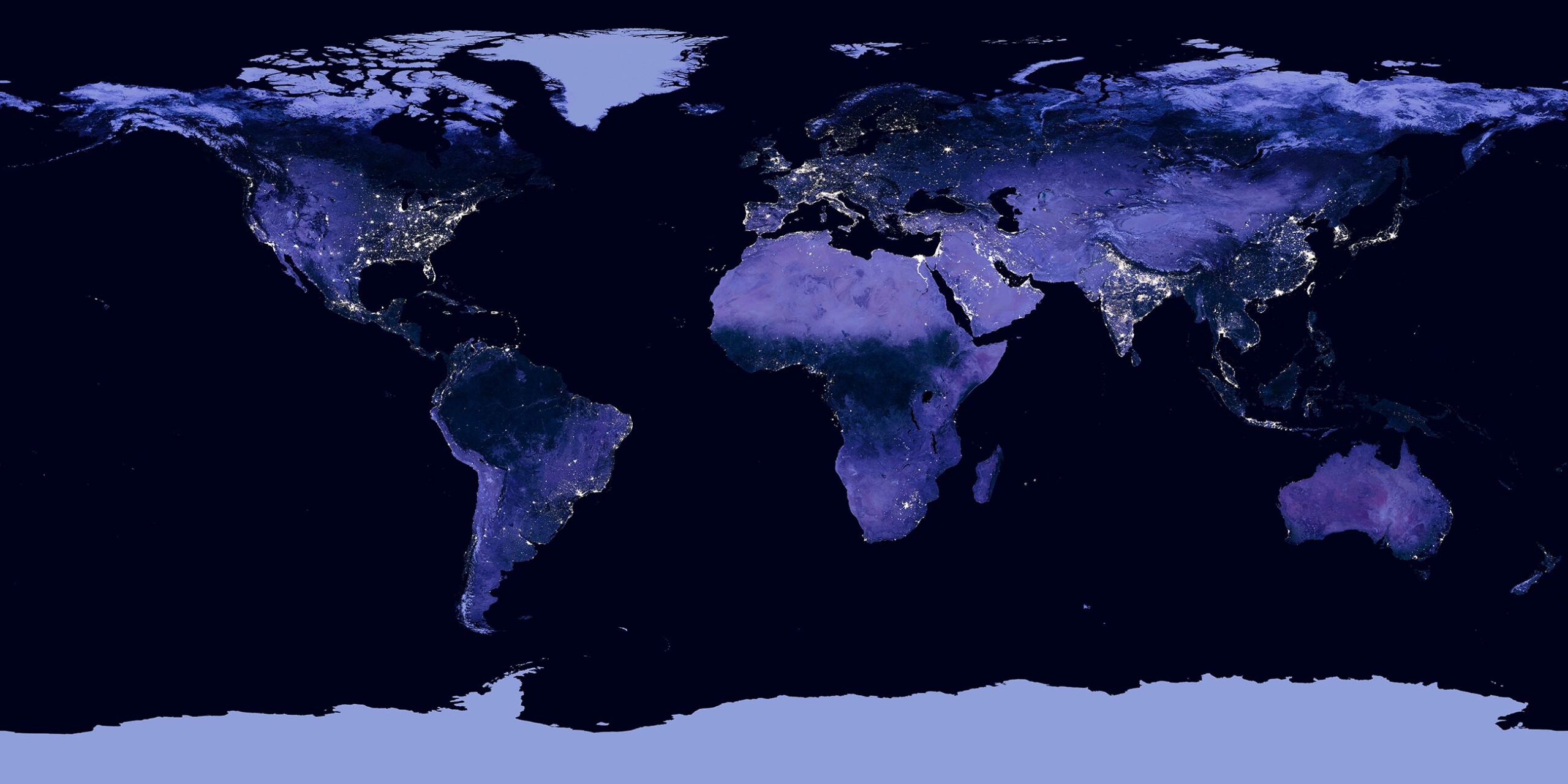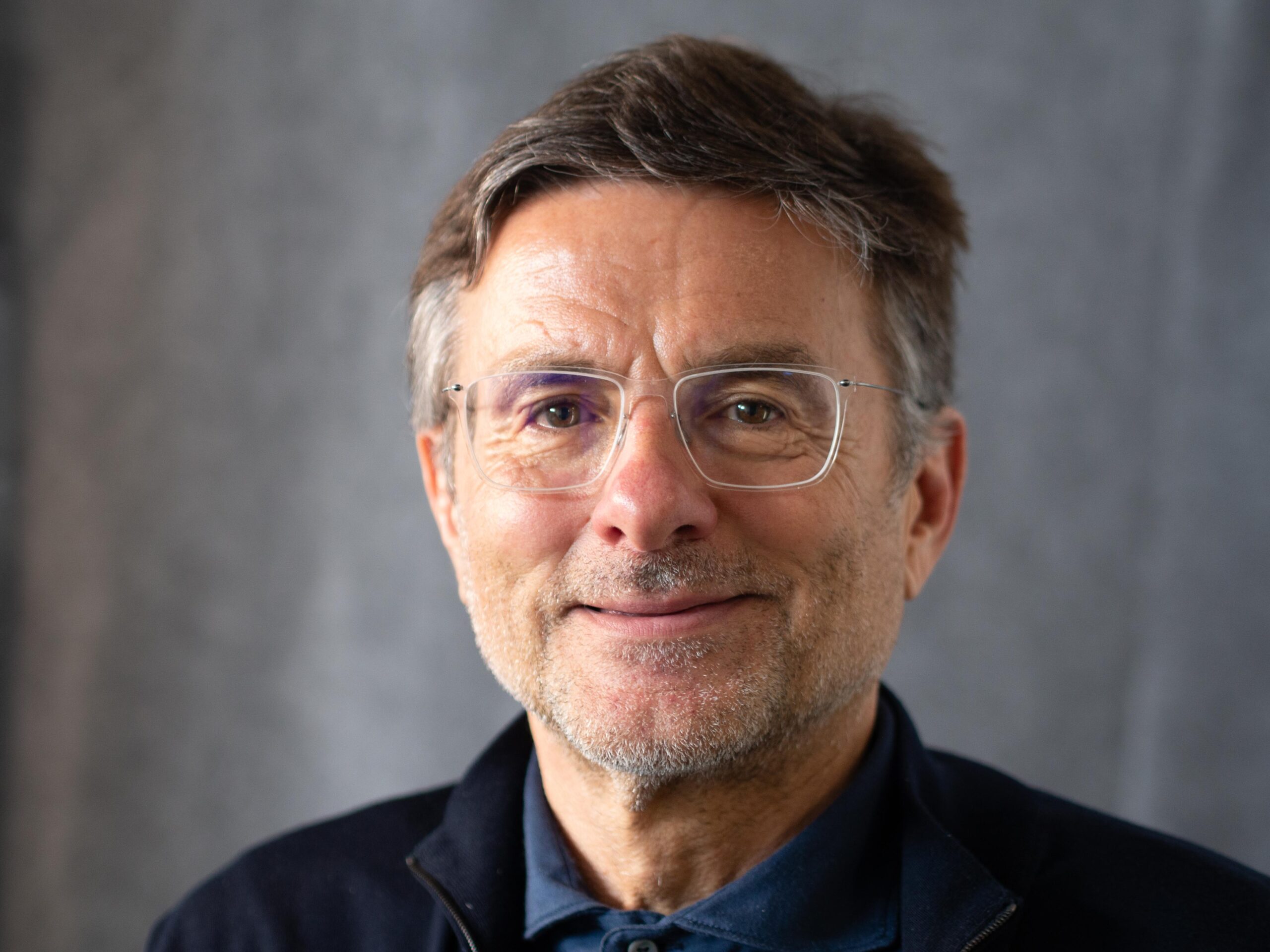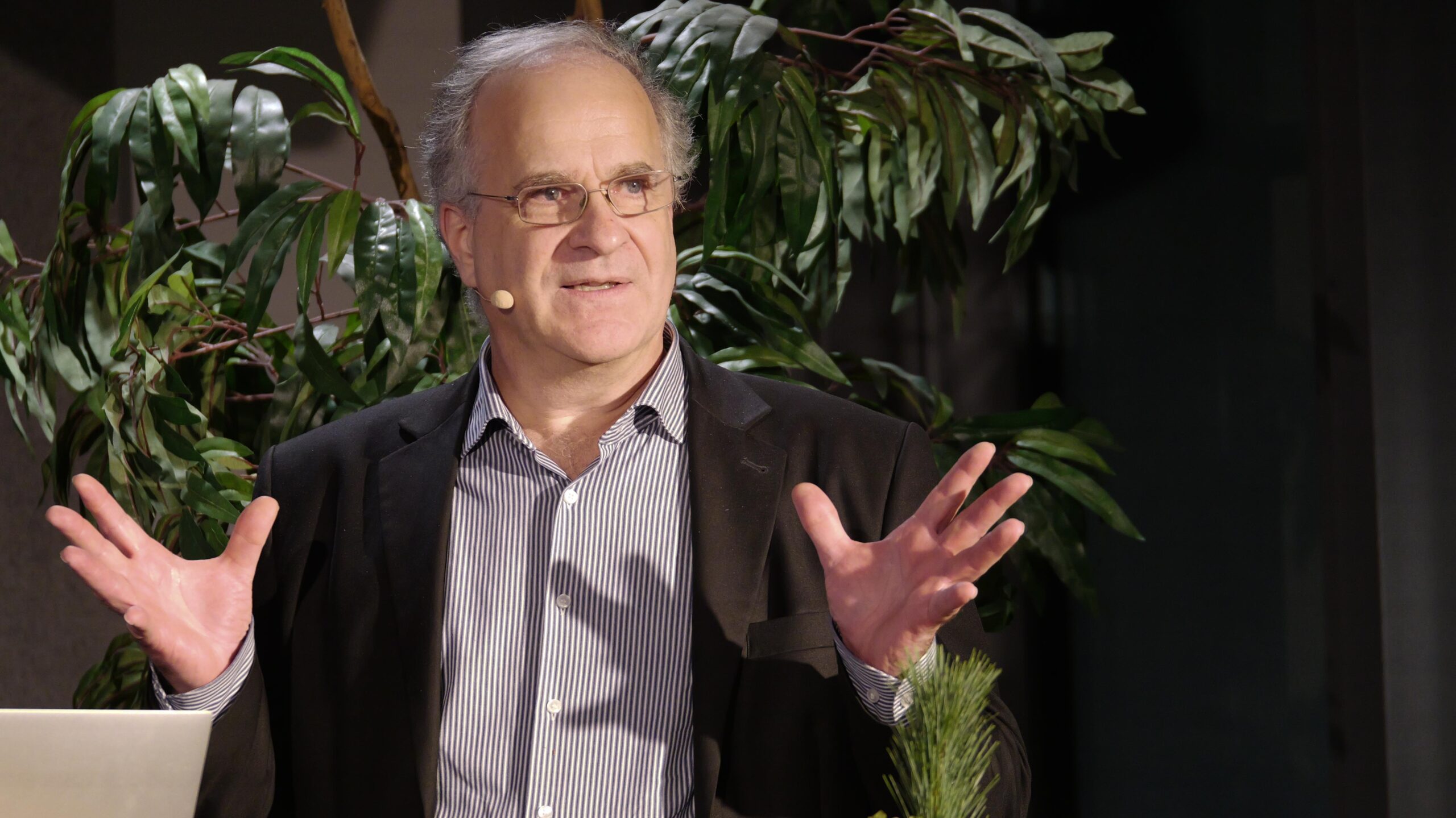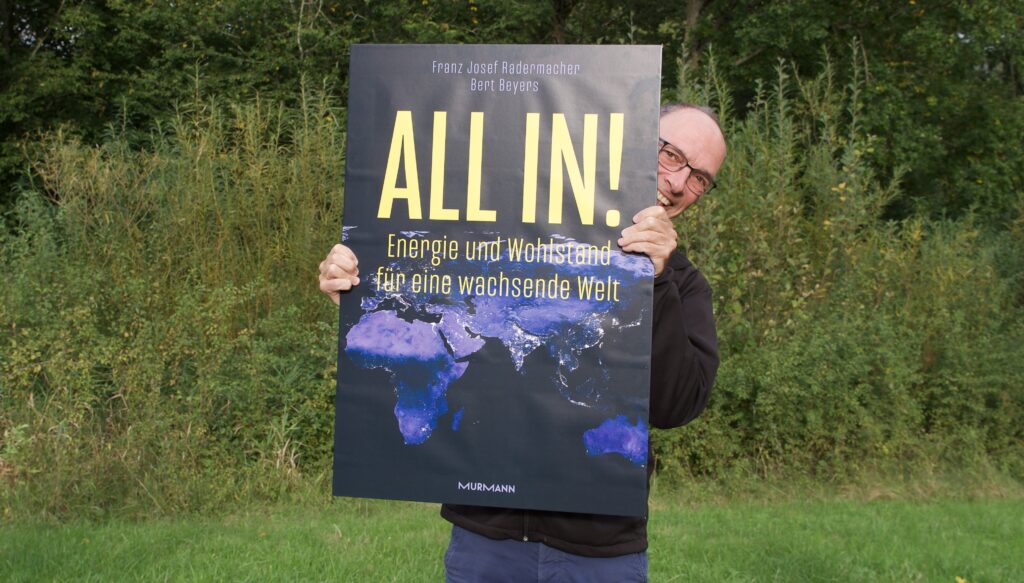At this point, some news of the last few weeks will be addressed which, from GES’ point of view, are reason for hope because they contain building blocks of a possible global solution and / or could help to develop a realistic view of the challenges ahead of us.
The expansion of electrolysis projects in Germany is lagging behind the government’s targets. That is the result of a study by the German Academy of Science and Engineering and Dechema. If the electrolysis projects planned so far were to continue, a coverage gap for green hydrogen of 5.7 gigawatts would open up in 2030. The traffic light coalition (German government) has set itself a target of 10 gigawatts.
According to the Norwegian Prime Minister Jonas Gahr Støre, Norway wants to store all the CO2 produced in Europe. Norway has great experience in injecting the climate gas at a depth of 3000 metres under the North Sea. Later, Norway wants to use the CO2 again as a raw material.
In future, CO2 is to be transported by pipeline from Germany to Norway. Wintershall Dea and Equinor are working on a technical and commercial solution for transporting and storing the climate gas.
Saudi Aramco also wants to inject CO2 into former oil and gas fields from 2026 onwards. The climate gas is produced, for example, during the production of (blue) hydrogen from natural gas.
A Japanese consortium of the oil company Inpex, the heavy industry company IHI and the shipping company MitsuiO.S.K. Lines has developed a low-CO2 supply chain for ammonia. The ammonia is produced from natural gas in the United Arab Emirates. CO2 is split off and injected into oil fields. The (blue) ammonia then goes by ship to Japan, where it is burnt.
If more houses were built with wood instead of concrete, large amounts of CO2 could be saved. How big would the wood plantations have to be for that? And how do you protect the forests as a whole? Answers can be found in a study by the Potsdam Institute for Climate Impact Research and the Humboldt University Berlin.
Why is electricity so expensive in Germany? According to an article by Spektrum.de the reason is a “completely derailed pricing mechanism”. Because the price is based on the most expensive provider – and not the cheapest (Merit Order). A study by the DIW on the same topic.



